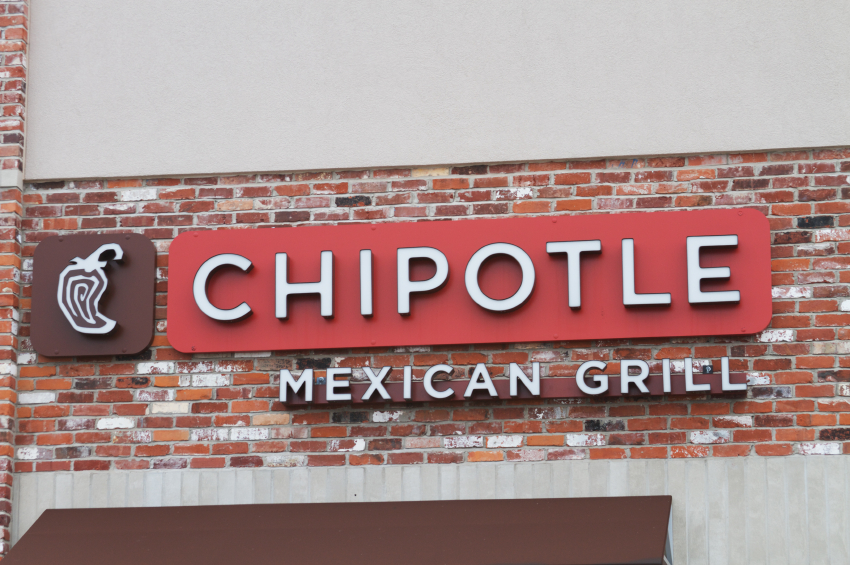
The U.S. Centers for Disease Control and Prevention reports an E. coli outbreak sourced to the popular burrito chain, Chipotle Mexican Grill—and it’s not the first run-in Chipotle’s had with foodborne disease.
Chipotle is a North American chain that specializes in burritos and tacos. It calls itself a “fast-casual” restaurant as opposed to a fast food or traditional restaurant-style eatery, and its popularity comes in part due to its commitment to sustainable and ethical food production processes.
These processes, as food safety professionals have discovered, aren’t always up to scratch. If you’re interested in making a career out of ensuring restaurants like Chipotle serve safe food, consider becoming a food safety professional yourself. A working knowledge of food quality issues in the news can help you on your way. Here’s what you can learn from the Chipotle stories in the news today:
A Brief Timeline of Chipotle’s Food Quality Assurance Problems
Widespread Chipotle food poisoning is currently making front page news with stories about customers experiencing the foodborne Norovirus linked to the chain. This is just one of 5 outbreaks caused by Chipotle in recent months.
In July:
- E. coli O157:H7 from Chipotle in Washington
- 5 people affected
In August:
- Norovirus from Chipotle in California
- 234 people affected
In September:
- Salmonella from Chipotle in Minnesota
- 64 people affected
In October, November and December:
- E. coli O26 from Chipotle outlets in 9 states
- 50-60 people affected
Now:
- Norovirus from Chipotle in Massachusetts
- 136 people affected
These incidents have resulted in a total of approximately 500 sickened customers. Now, Chipotle’s stock prices are steadily falling and the company is being sued by shareholders who allege they were deceived about the company’s food quality assurance practices.
‘Fast-Casual’ Practices May Be At Fault, Say Food Safety Professionals
If you’re considering a career in food safety, you’ve likely heard about E. coli, Salmonella, and Norovirus before. These are among the most popular foodborne illnesses to affect consumers in 2015.
Linda Harris, food safety professor at the University of California, believes the methods of food preparation at Chipotle, which are designed to mimic traditional restaurants, encourage these illnesses to thrive, because they allow heated food to chill before being consumed.

Food quality professionals ensure kitchens stick to safe and responsible health standards.
Ingredients including chicken, rice, shredded beef, and fajita vegetables were indeed deemed too cold to serve by Chipotle health inspectors in 2015.
“They found that some hot food on the fax line, which is a back of house make line that services online orders, was not being held to proper temperatures,” admitted Chipotle spokesperson Chris Arnold back in September. “We are investigating the cause of that and will address it.”
Chipotle Vows to Improve Food Quality Assurance for Its Loyal Customer Base
Since then, the Chipotle has issued public statements about its intention to be at “the forefront of food safety protocols in the restaurant industry.”
Among its plans are enhanced food quality courses for its employees, more “robust” testing of its ingredients, and improved food-handling procedures from farm to table.
Even with the restaurant linked to hundreds of cases of foodborne illness, Chipotle is enjoying a loyal customer base. Chipotle fans have expressed startling support despite evidence that the chain’s subpar food safety could lead to serious illness.
“We’re totally willing to throw up a little,” says Anne, a customer who visits Chipotle at least once per week. “That’s probably gross […] but we’re still in love with our favorite burrito place.”
It takes skilled professionals to guard consumers like Anne against foodborne illnesses—especially when they continue to make restaurant choices that are less than savoury.
Are you interested in doing this important work by earning your own food safety diploma?
Visit AAPS to speak to an advisor about how we can help get you started.



